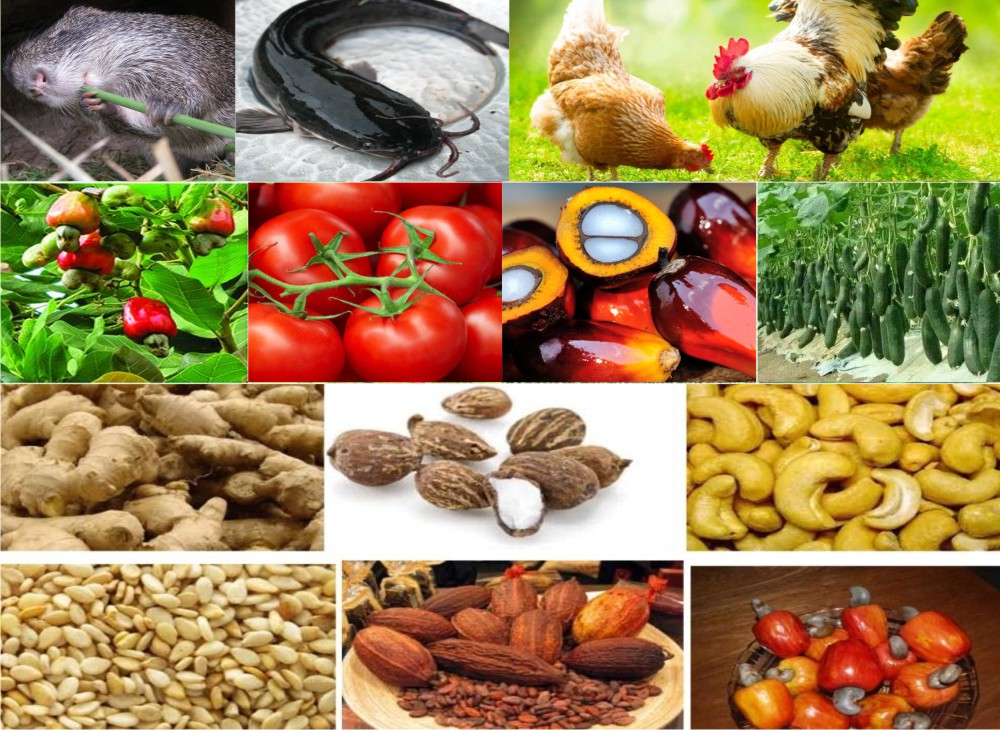Annual inflation in Nigeria rose for the ninth straight month in May, lifted by higher food and drug prices, National Bureau of Statistics has said as the new coronavirus pandemic disrupted logistics and economic activities. The NBS said that food inflation, which accounts for the bulk of the inflation basket, climbed to 15.04% in May, compared with 15.03% in April. Food inflation has been in double digits for more than three years. Nigeria has had more than 17,000 confirmed cases of the coronavirus and 455 deaths. Most cases have been in urban areas, where the brunt of price increases has been felt, especially imported drugs and foodstuffs. Rising inflation has caused yields on Treasury bills and bonds to turn negative, a major stumbling block for the central bank’s push to attract foreign inflows to support the naira and boost the economy.
Inflation, a measure of living costs, climbed to 12.4% in May, its highest level in more than two years, from 12.34% the previous month, the National Bureau of Statistics said. According to NBS “The consumer price index, (CPI) which measures inflation increased by 12.40 per cent in May 2020. This is 0.06 per cent points higher than the rate recorded in April 2020 (12.34) percent. Increases were recorded in all COICOP divisions that yielded the Headline index. On month-on-month basis, the Headline index increased by 1.17 per cent in May 2020, this is 0.15 percent rate higher than the rate recorded in April 2020 (1.02) percent.
“The percentage change in the average composite CPI for the twelve months period ending May 2020 over the average of the CPI for the previous twelve months period was 11.79 per cent, showing 0.08 per cent point from 11.71 percent recorded in April 2020. The urban inflation rate increased by 13.03 percent (year-on-year) in May 2020 from 13.01 percent recorded in April 2020, while the rural inflation rate increased by 11.83 percent in May 2020 from 11.73 percent in April 2020. On a month-on-month basis, the urban index rose by 1.18 percent in May 2020, up by 0.12 points from 1.06 percent recorded in April 2020, while the rural index also rose by 1.16 percent in May 2020, up by 0.18 points from the rate recorded in April 2020 (0.90 percent). The corresponding twelve-month year-on-year average percentage change for the urban index is 12.36 percent in May 2020. This is higher than 12.26 percent reported in April 2020, while the corresponding rural inflation rate in May 2020 is 11.26 percent compared to 11.20 percent recorded in April 2020.
Afrinvest in a note top investors on the rising inflation rate said “the Consumer Price Index report published today showed that headline inflation rose to a 25-month high of 12.4% y/y in May 2020, from 12.3% in the prior month. This was despite the sustained upward pressure on consumer prices as headline inflation rose 1.2% m/m from 1.0%, the highest since June 2018. Notably, core inflation rose faster by 14bps to 10.1% y/y from 10.0% in April 2020, the highest since July 2018. However, core inflation increased 5bps slower at 0.9% on a m/m basis, the first moderation since February 2020. Meanwhile, food inflation was little changed at 15.04% y/y from 15.03% in the previous month. We suspect that this is due to a high base as there was a sustained surge in m/m inflation to 1.4% from 1.2% in April 2020.
“This is the highest m/m rise since August 2018 and it suggests that underlying consumer price pressure remains strong. Accordingly, it is clear that headline inflation continues to be driven by changes in food prices. Looking forward, we expect an uptrend in inflation as consumer prices more fully reflect the lean agriculture season, the recent VAT adjustment, exchange rate devaluation, the resumption of more economic activities and energy (fuel & electricity) price adjustments.
Africa’s top oil exporter faces economic hardship from the coronavirus outbreak and sharp falls in crude prices, which have caused a steep decline in growth. Nigeria’s government expects the economy to contract by as much as 8.9% this year. Central bank Governor Emefiele has said that the economy could contract in the second and third quarters but recover in the fourth with the fiscal and monetary policy measures put in place by the authorities.

